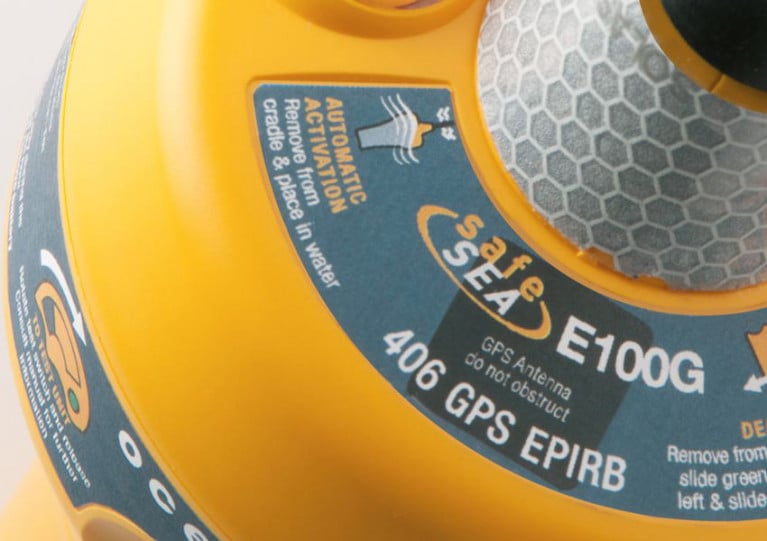Displaying items by tag: Ocean Signal
Black Friday Savings on New Award-Winning Ocean Signal RescueMe PLB3 With CH Marine
There has often been a dilemma as to which type of personal locator beacon (PLB) is best for mariners — the choice being either the 406Mk satellite PLB or the AIS beacon.
Now with the all-new, DAME Design Award winning Ocean Signal RescueMe PLB3, both systems have been combined into one, making it the ultimate PLB for all users.
Add return link sending (RLS), near-field communication (NFC) and controllability via a smartphone app, and the RescueMe PLB3 is a game-changer in personal safety onboard, whether for inshore, coastal or trans-ocean use.
CH Marine are taking pre-orders now for delivery by the end of December at a special limited Black Friday deal price of €499 — a huge saving of 25% on the RRP of €670.
Owners of the Ocean Signal SeaSafe E100 or E100G emergency radio beacons are reminded to perform their unit’s self-test function as soon as possible.
The manufacturer says all of its EPIRBs should be routinely tested on a monthly basis, as per the user manual.
All Ocean Signal beacons are designed to have sufficient capacity to accommodate a monthly self-test over the lifetime of the battery.
However, for those beacons that do not pass the self-test, an exchange process is being offered for affected units.
Details on how to perform the self-test — and seek a replacement if necessary — are detailed in Marine Notice No 29 of 2020 attached below.





























































